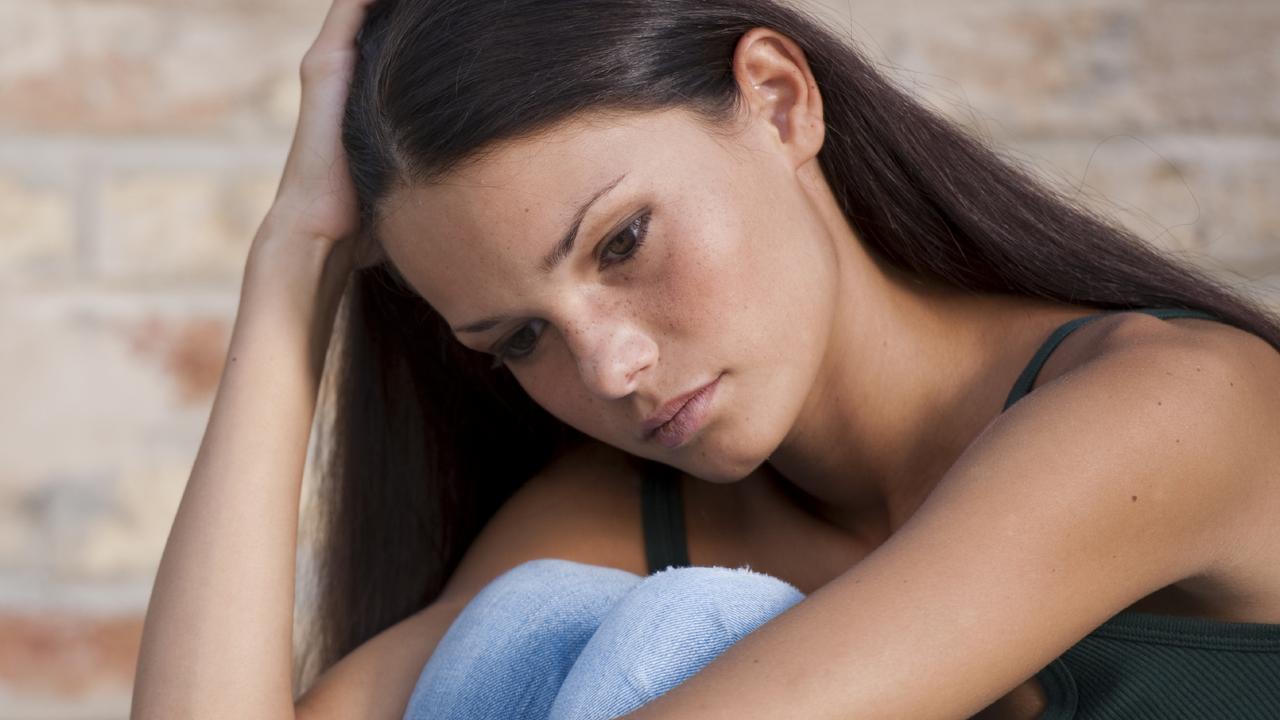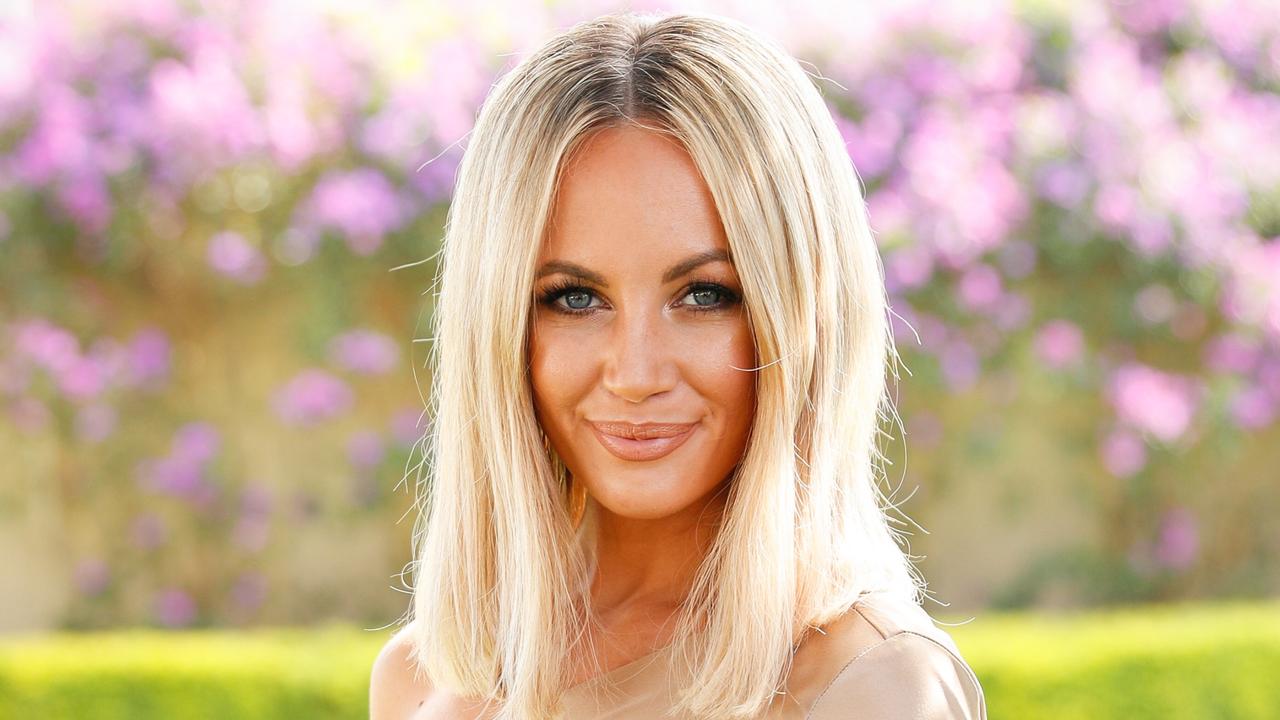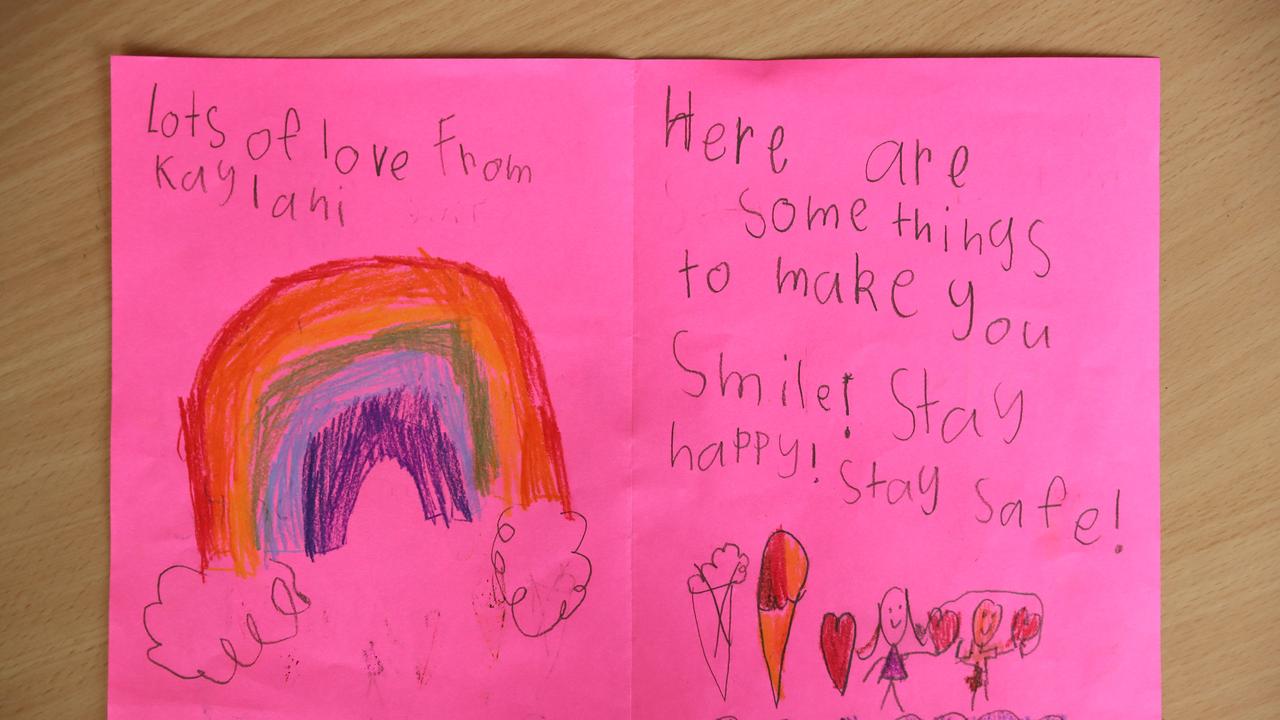The sleep coach to England’s football stars on how to get the best night’s sleep
HOW did you sleep last night? If you’re feeling tired, take some tips from the sleep expert who coaches David Beckham and Cristiano Ronaldo.

DAVID Beckham, Ryan Giggs, Cristiano Ronaldo and Britain’s Olympic cyclists all rely on his advice on about how to achieve their best performance in the bedroom.
However, when Nick Littlehales gets into the inner sanctum of the sports stars, he’s not in search of intimacy.
He’s trying to get them what we all crave — a good night’s sleep.
And one of the first things he advises athletes who date models and pop stars is — sleep alone in the lead up to a big game.
The man who used to sell beds for a living has become a self-taught sleep expert who scoffs at urban myths about the sleep-inducing properties of warm milk, ocean sounds and essential oils.

Sleep is a much more scientific process for Littlehales, who says the temperature of your room should be 16 degrees, you shouldn’t use a pillow, and if you miss your normal bedtime you should wait 90 minutes before attempting sleep.
And he says the edict that you need eight hours’ sleep every night is rubbish — what you don’t get at night can be made up with naps during two natural siesta times during the day.
In Australia to promote nasal strip Breathe Right — which claims to open nostrils wider, allowing you to breathe better when you have a cold — he says we take sleep for granted.
A survey funded by pharmaceutical company GlaxcoSmithKline found three in four working adults could not sleep because of nasal congestion when they had a cold.

Littlehales says we’re never taught how to sleep and modern life and electronic devices have so completely disrupted our natural sleep rhythms we’re no longer getting enough to maximise mental and physical recovery.
“The side effects of poor sleep can affect reaction times and decision making. You need to recover so you are physically and mentally alert,” he says.
“Given the right attention, a good night’s sleep can be the secret to unlocking our full potential,” he says.
Poor sleep is now being linked to rising levels of type-2 diabetes in Western society as well as obesity.
Littlehales says there are seven secrets to getting better sleep that everyone needs to be aware of.
The first is that our bodies operate according to a circadian rhythm.
Your body is triggered to wake up at sunrise and sleep when its dark and the temperature falls.

Secondly, we all have a genetic sleep chronotype that determines whether we perform better in the morning or the afternoon, and we need to be aware of it and compensate for it if we have to perform at our peak at a time when we would naturally be feeling low.
Thirdly, sleep is divided into stages that last for 90 minutes each, says Littlehales. Instead of aiming for eight hours’ sleep we should instead be trying to get five cycles of 90 minutes, or seven and a half hours, he says.
You should work out a regular wake up time of, say, 6.30am and work backwards to determine a bedtime of 11pm.
If circumstances mean you miss that bedtime you should wait until 90 minutes later, 12.30am, to go to sleep, and get four cycles that night, he says.

During the next day try to make up the lost sleep by taking a nap either between 1-3pm or 5-7pm.
His fourth tip is to learn how to regulate our exposure to light to prompt sleep and wake times.
Too much exposure to artificial light at night makes to harder to sleep, not enough light in the morning makes it harder to wake.
You should try and get some exposure to direct sunlight during the day to stimulate melatonin production.
If you use block out blinds in the bedroom to help you sleep you need a daylight simulator to switch on light when your alarm goes off to help you wake, he says.
Tip number five involves developing a pre and post sleep routine.
Start winding down 90 minutes before you go to sleep, take a break from technology like mobile phones, tablets, move to a darker environment, eat if you are hungry, empty bowel and bladder, declutter your mind. Do not watch dramatic television, read the news headlines or an exciting book or do anything that will make you anxious.

The sixth pointer is to get the right bed.
“Before you buy footwear you establish your foot size first, “he says.
“In the same way you need to find how your profile relates to the mattress,” he says.
If you are right handed your best sleeping position is on your non dominant left side in a foetal position and vice versa if you are left handed, he says.
When buying a mattress you should purchase one that allows you to lie this way without a pillow so the mattress depresses around your shoulders and hips and there is no more than a hand width gap between you and the mattress.
“Most people are sleeping on mattresses that are too firm,” he says.
The last step is to get the environment in your bedroom right. The ideal temperature for sleep is between 16-18 degrees, men like it colder, women warmer.
He says a neutral coloured bedroom provides fewer distractions and recommends putting black tape over standby lights on televisions and other electronic equipment in the bedroom.
To get the best sleep, don’t share a bed. The ideal situation is for married couples to have one bed for intimacy and separate rooms for sleeping, he says.

Littlehales advice has seen Manchester United and other football clubs install sleep pods at their training grounds so players can nap between training sessions.
He devised personalised portable sleep packs containing mattresses, duvets and other equipment that Britain’s cycling team took into the Olympic village in 2012 so they could replicate the same conditions they had at home.
Real Madrid now nap every day at 1pm during training to restore their minds and their muscles on Nick’s advice.
Nick was involved in the development of Manchester City’s $422m training complex which result includes 32 ensuite bedrooms which allow both players and staff to sleep in before home games.
He says sleep functions on the latest expensive activity monitoring technology are a waste of time.
“The last thing any athlete wants is to wake up and be told by a device they had a bad night’s sleep, what are they going to do with that information, its past information,” he said.
The last thing we should focus on is a good nights sleep he says.
“What you are looking at is a good years sleep, not a good night’s sleep. If your are sleeping five hours try to raise it to seven hours, or sleep a lot better but over different times of the day,” he says.
THE SECRET OF A GOOD NIGHT’S SLEEP
1. Wake at sunrise sleep when it is dark and cooler
2. Work out if you perform better in the morning or afternoon prepare to compensate
3. Aim for five 90 minute cycles of sleep, nap if you can’t get it in one continuous stream
4. Learn to regulate your exposure to sunlight in the morning and cut out bright light at night
5. Wind down 90 minutes before you want to sleep
6. Get the right bed, sleep without a pillow
7. Keep you bedroom at a temperature between 16-18 degrees
Originally published as The sleep coach to England’s football stars on how to get the best night’s sleep



